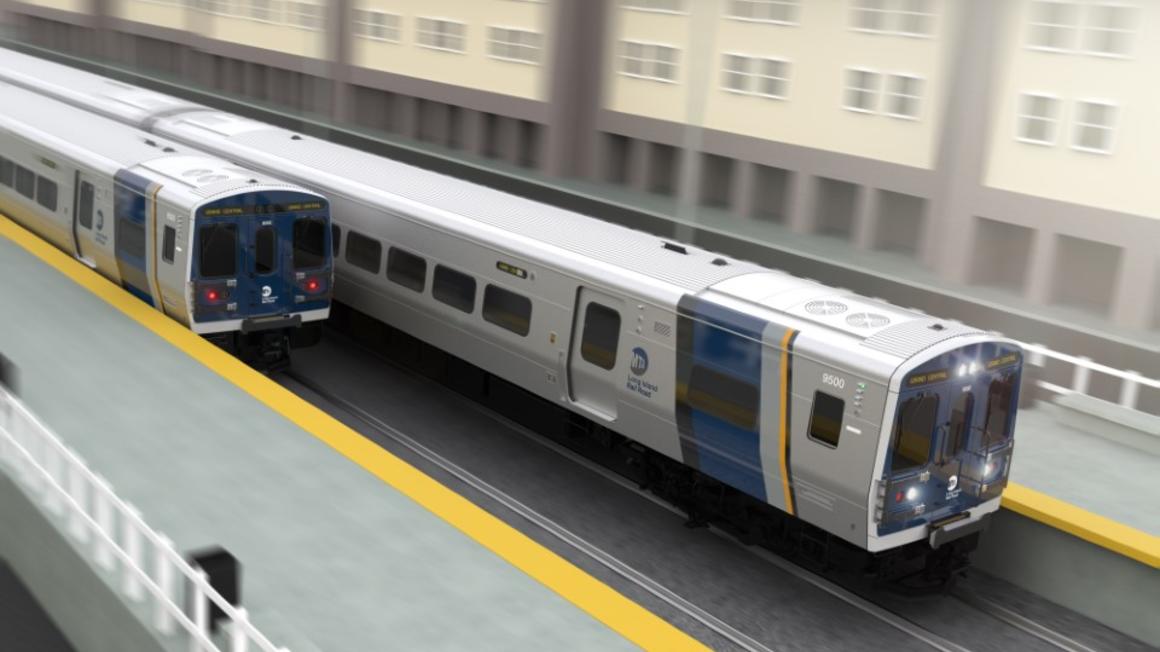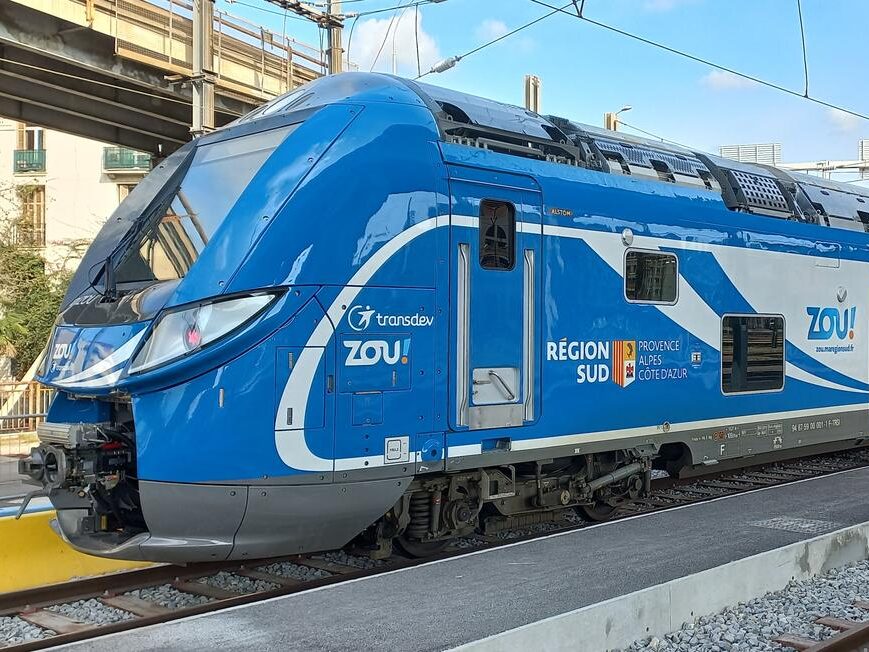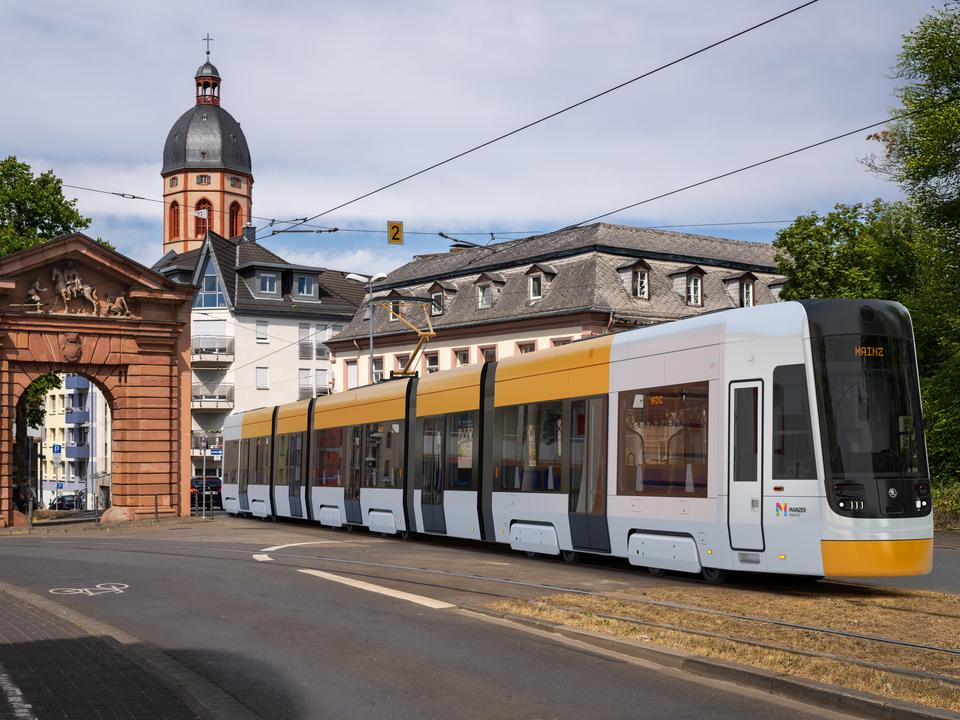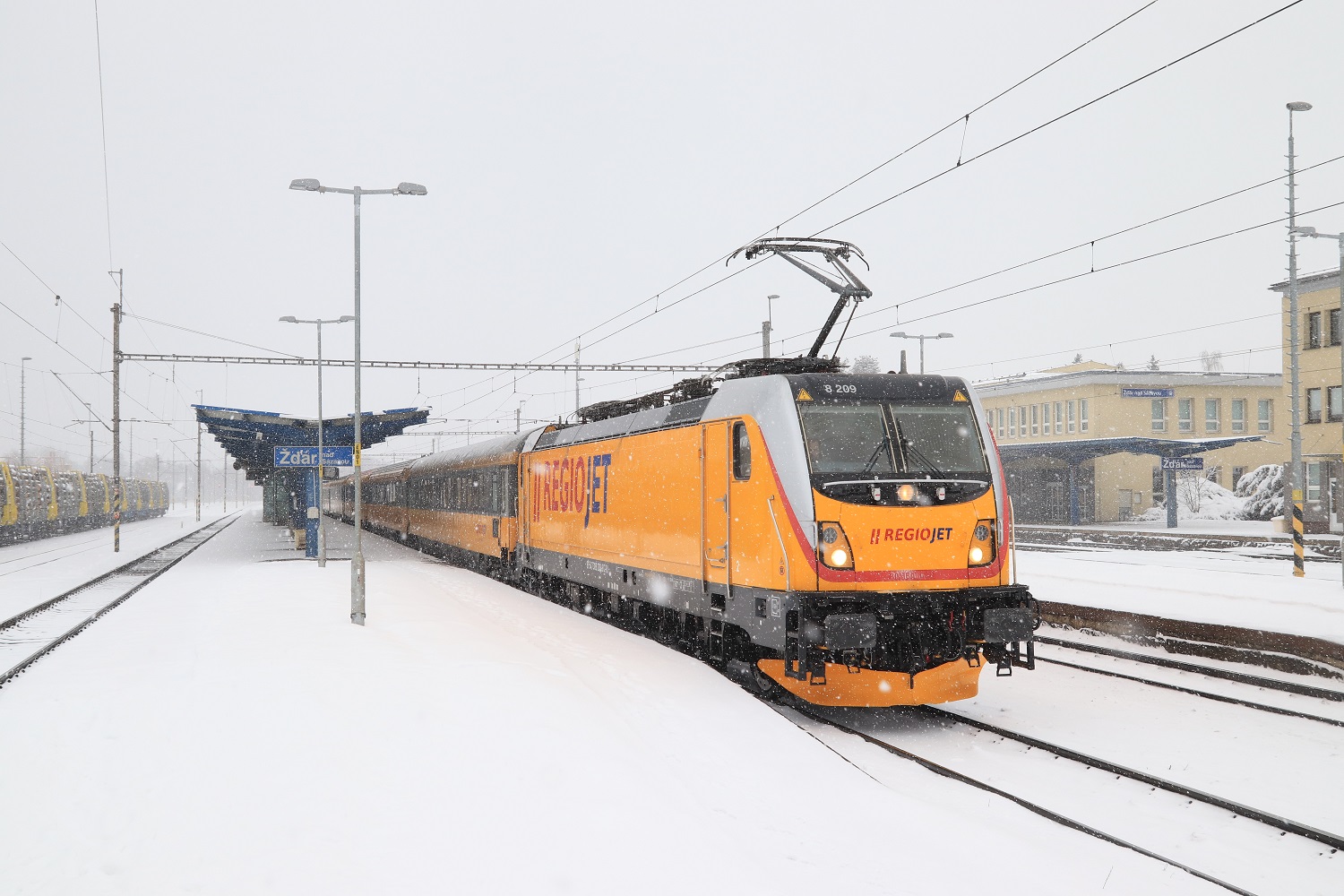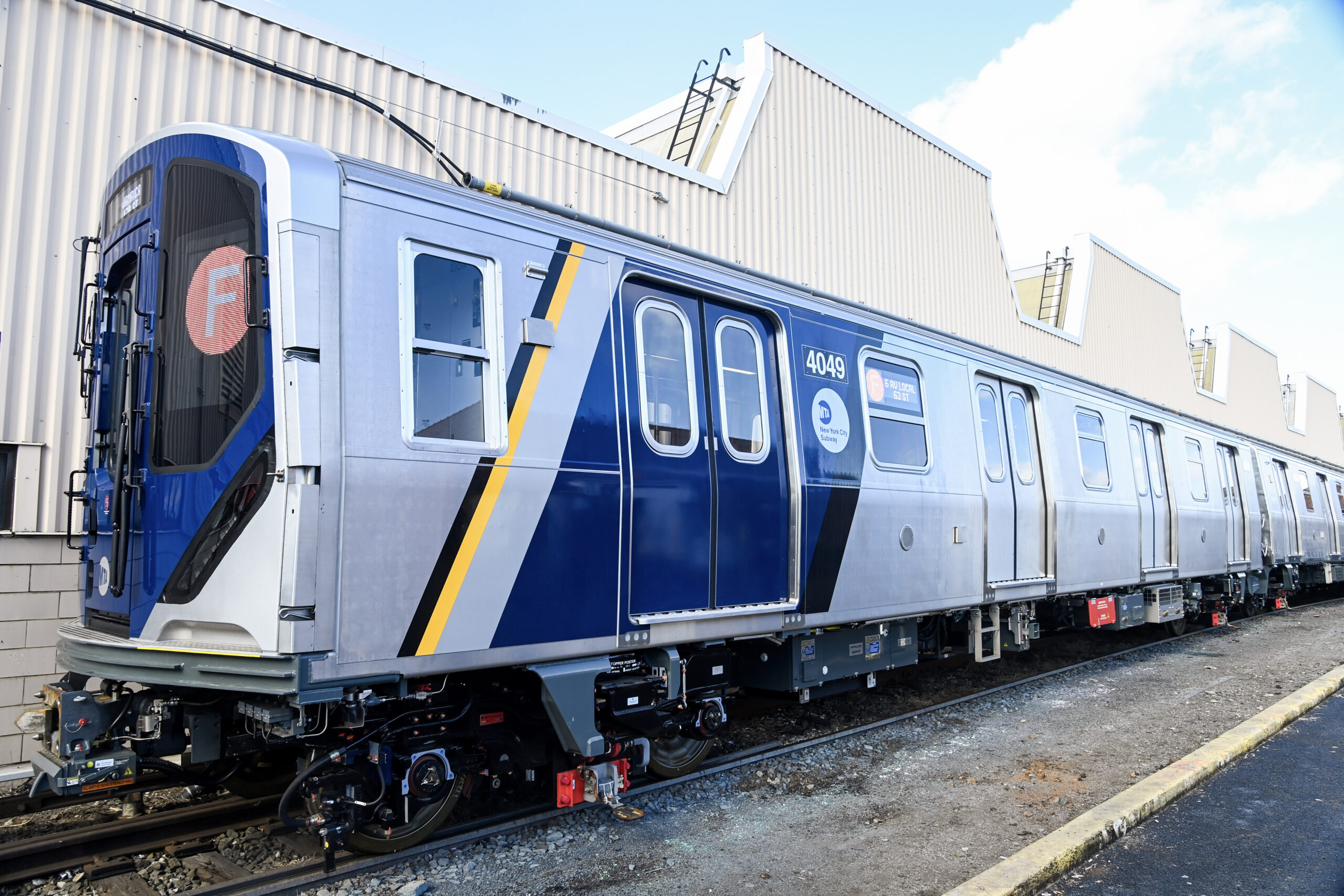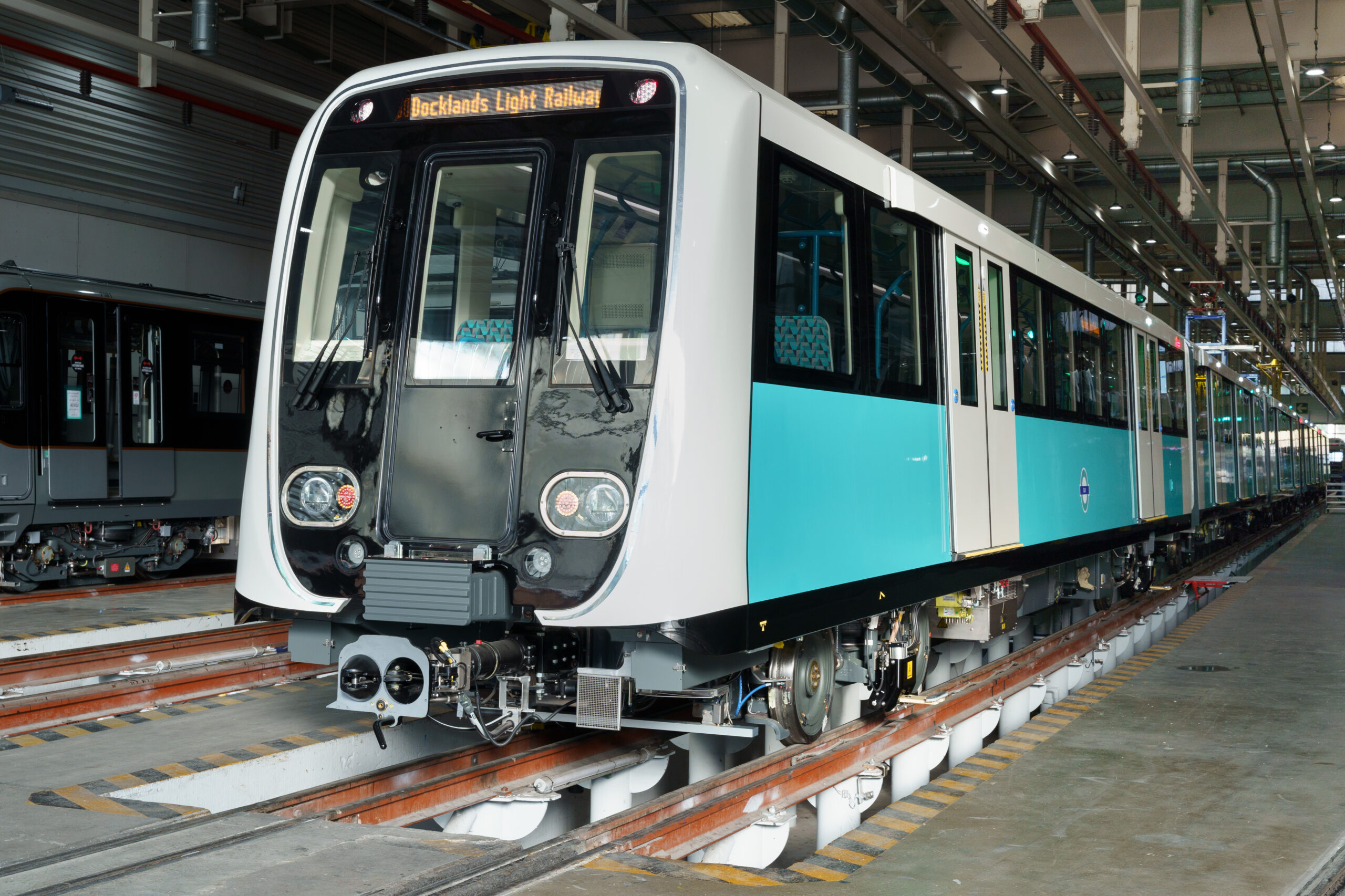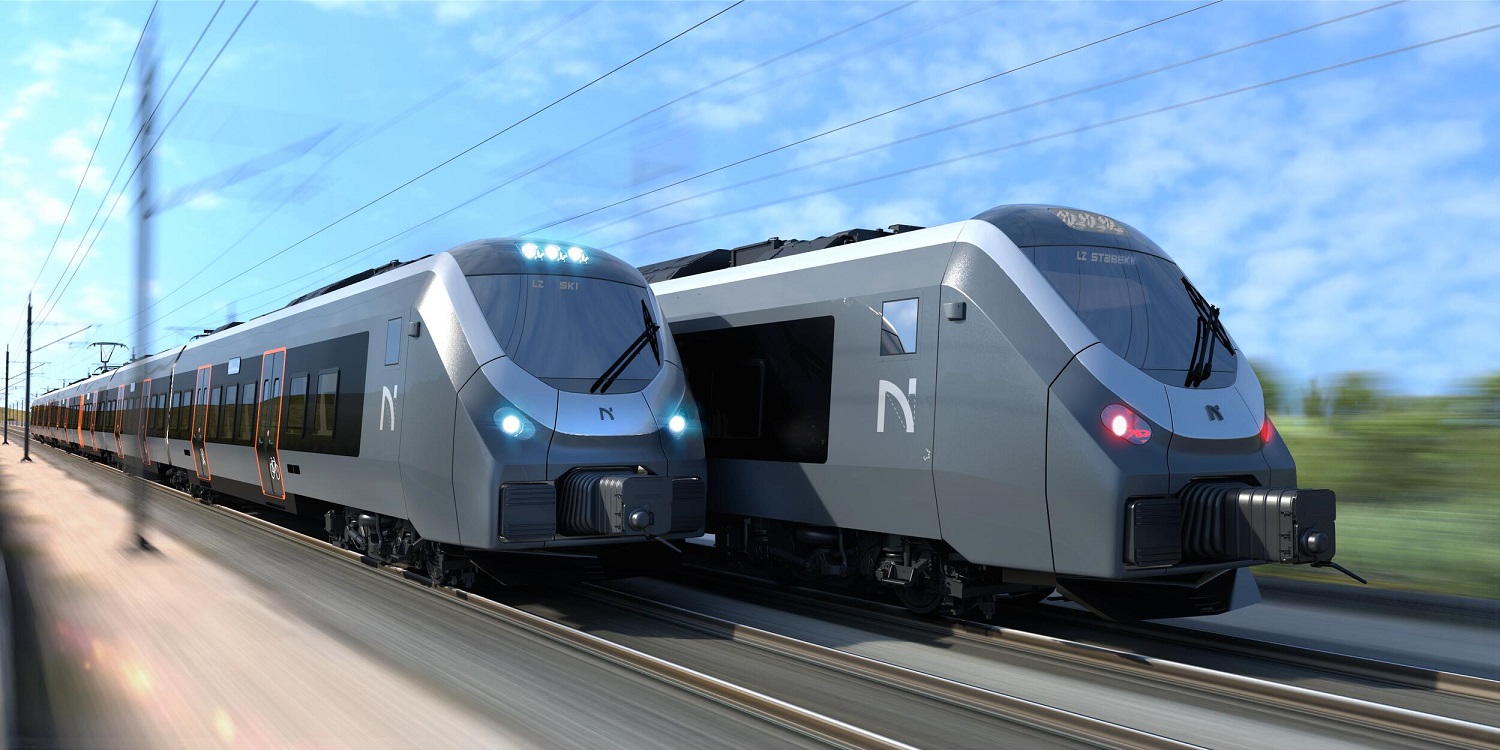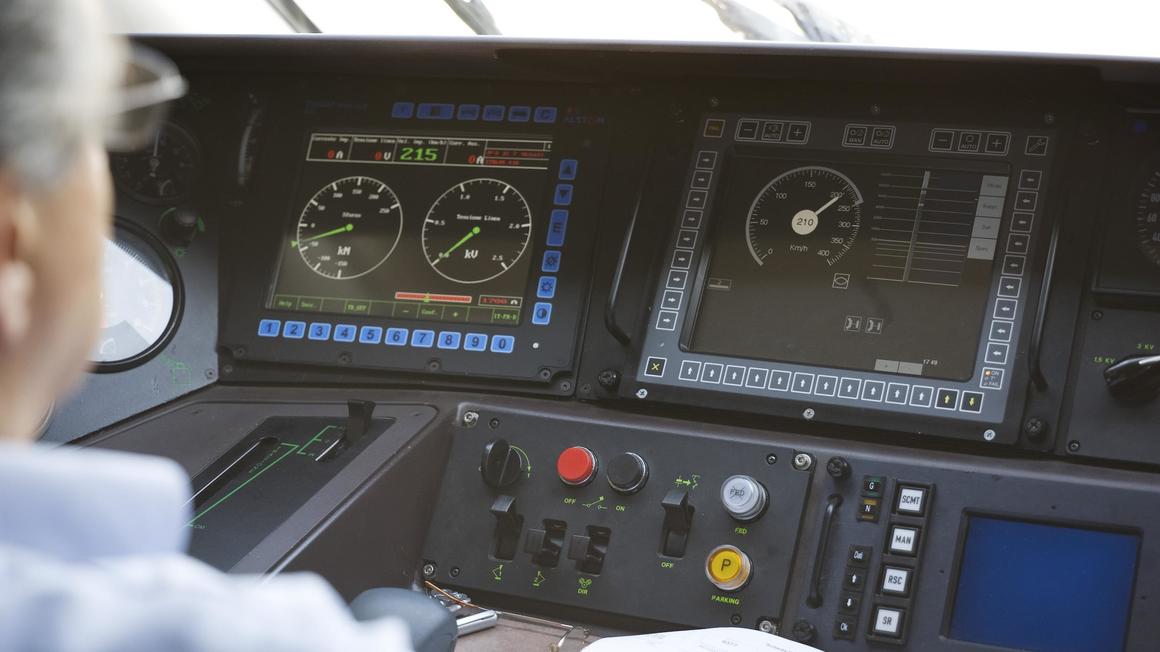Pre-validation tests are currently underway on the first TGV M test train at Alstom’s Velim site in the Czech Republic.
These are part of a comprehensive test programme that consists of static and quasi-static testing, pre-validation testing, admission and endurance tests.
At the end of the programme, it’s expected that the TGV M will have travelled more than a million kilometres.
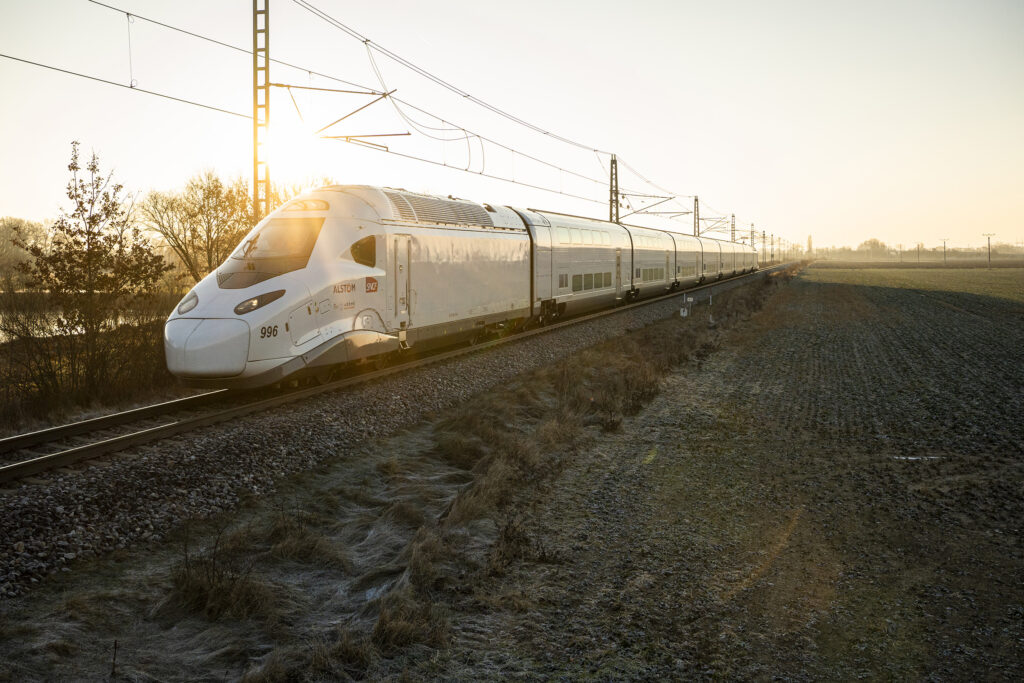
The TGV M, unveiled last September, is from Alstom’s Avelia Horizon range. The project is supported by the French government through ADEME and the ‘Secrétariat Général Pour l’Investissement’ (SGPI).
It’s benefited from the knowledge of Alstom’s top experts and SNCF Voyageurs’ Matériel and TGV-INTERCITES departments, brought together on a common platform.
Alstom states that this next generation TGV provides unprecedented modularity and accessibility, and offers a 20% increase in capacity, with seats for up to 740 people, compared to the current maximum of 634.
A total of 115 units have been ordered to date – 100 units in 2018 for domestic travel, and an additional 15 units in 2022 for cross-border services. These will be used for both the INOUI and OUIGO TGV services.
The pre-validation tests currently underway are being carried out by Alstom with the support of the Test Agency of the ‘SNCF Voyageurs’ Equipment Engineering Department.
These tests also provide SNCF drivers with a chance to familiarise themselves with the new model.
On arrival, the TGV M began its tests on the site’s test ring, where a gradual increase in speed to 200km was achieved in less than a week.
The first phases of functional development tests then began. This included braking with and without load, pantograph and signalling tests.
This testing will ensure compliance with the safety requirements for railway operations and enable SNCF Voyageurs to submit a Request for Authorisation to Run a Test Train on the French National Railway Network (RARTT).
Another car will leave the Alstom’s La Rochelle site this month for a test site in Vienna, Austria.
From next month, this will be tested in a climatic chamber over a temperature range of -20 to +40°C.
Tests will include simulation of sunshine (up to 800W/m²) and wind (up to 160 km/h), as well as heating, air conditioning and insulation.
These conditions are part of the train qualification process, but will also actively contribute to the planned 20% reduction in energy consumption of the TGV M.
From this spring, several trainsets will run throughout the French national network to test their reliability under real operating conditions.
The first TGV Ms are due to enter commercial service at the end of next year (2024).

















